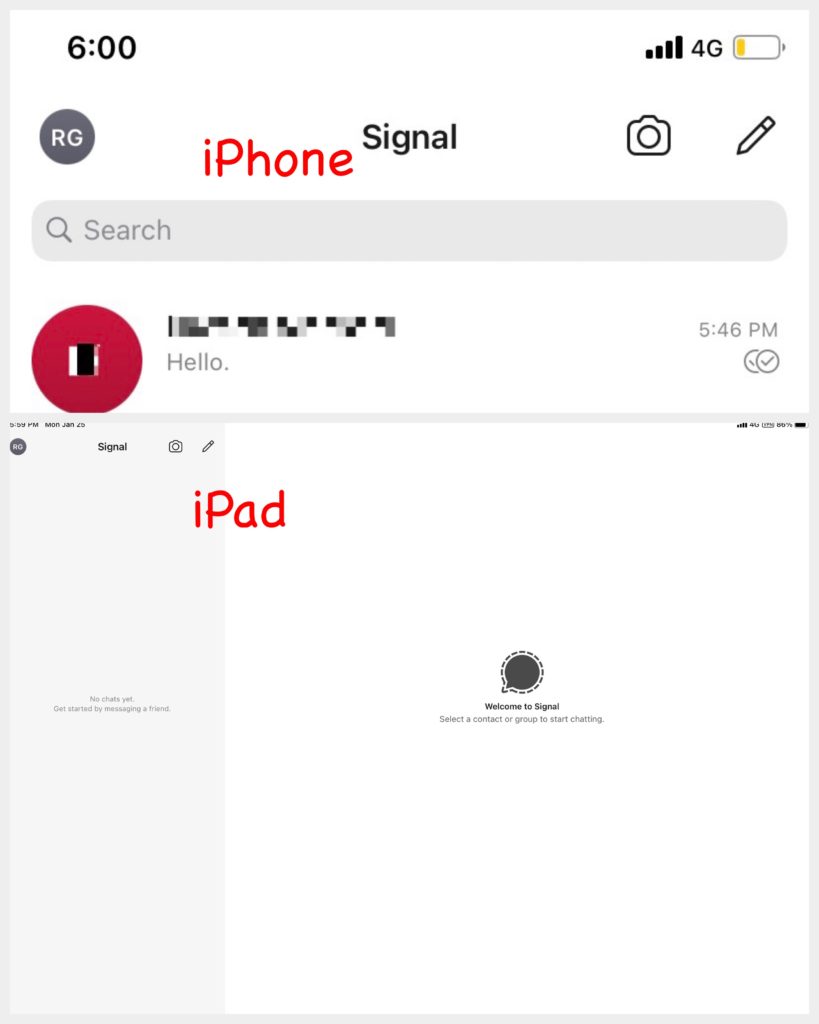The Ars Technica website has a solid explanation of Whatsapp’s new privacy policy changes, which involve sharing extensive data about your Whatsapp usage with Facebook, Whatsapp’s parent company.
Whatsapp has been sharing data with Facebook since 2016, but earlier you had one chance to opt out of it. With the prompt you saw last week, it’s now mandatory – if you didn’t opt in this time, you won’t be able to use the app after 8 Feb 2021.
Now. Whatsapp claims it cannot read the actual contents of your chats – the company says those are encrypted end to end, in a way that even Whatsapp/Facebook can’t unscramble, in fact using technology from the privacy-focused app Signal.
But metadata – “data about data” – is not encrypted. This is your activity in the app:
- Who you chat with
- When and how often you chat with them
- Whether you send multimedia,
- Whose profiles you search and look at,
- Whose statuses you check,
- who you call on the app, when and for how long
All of this is sent as one long, continuous stream of data. The plan is almost certainly to match this with similar data collected by the Facebook and Instagram apps, and the thousands of other apps that use the Facebook ‘SDK’ for ads/tracking, to build a detailed picture of you.
So. Now that you know this, should you move off Whatsapp to Signal, as Elon Musk suggested on Twitter?
In general, no. You shouldn’t move off Whatsapp and move to Signal.
Is this you?
- You have a Facebook account
- You stay logged into it on one tab while you browse other sites on the web
- You run the Facebook app on your phone
- You have an Instagram account
- You’ve given either or both FB and Instagram access to your contacts when they asked you at signup
- You’ve used Log In With Facebook to sign into other apps
- You hadn’t opted out of sharing Whatsapp data with Facebook when asked a few earlier
If you’ve answered Yes or even I’m not sure to some of these questions,, the Whatsapp policy change really doesn’t make much difference. You’re already sharing data – lots of it – with the Facebook family. Deleting WhatsApp is plugging a few squares in a sieve.
I’m not judging you. Our relationship with technology, especially social media, is highly asymmetric. It isn’t practical for you and me to understand the average privacy policy fully, leave alone that the onus of tracking frequent changes to it is on us. Repeat for each app that we use, and the tracking code from different other companies that that app uses.
Even if you’ve wisened up, even if you’re now uncomfortable with the amount of data the Facebook family of apps collects about you, chances are your friends, family, professional groups don’t care as much – they’ll still happily use them, and they’ll expect you to ‘be’ on these apps too.
Quitting Whatsapp is most effective when you quit the rest of Facebook too. It’ll take time. It’ll take some convincing, it’ll take some re-evaluation of relationships. But you can make it work.
It’s taken even Facebook a few years to hook you enough to get the sheer amount of data it has on you. Give yourself time to rid yourself of it too.
Update: A friend asked me if Facebook was able to collect any less data if one used Instagram in a browser as opposed to the app:
“I signed up [on Instagram] using an email address I created specifically for IG, but it doesn’t take Zuck to figure out that the overlap between the people I talk to on Whatsapp and those that this IG account interacts with means that we’re the same person.”
“Your interaction on Instagram the service reveals more about you than the specific devices you use it on. Sure, the IG app can tell your location more accurately than IG in a browser window can, because the former uses GPS and the latter looks up your IP in a database. But IG in the browser still knows when you log in and for how long, whose profiles you lurk on, what your friend network is and suchlike.”
“When you upload a photo, IG can tell a lot from the photo’s EXIF data: the precise model of the camera you used, phone or otherwise, where you were when you took it, when you took it, among other things. IG can run facial recognition algorithms on them to draw an even more detailed picture of your network. But both of these have little to do with whether you use the app or the browser.”
“If someone spots you at a cafe, you aren’t better hidden if you pulled up to the cafe in an uber as opposed to drove there. The fact remains that you were there and someone saw you. (I am rather bad at analogies but I think this one might actually work)”








